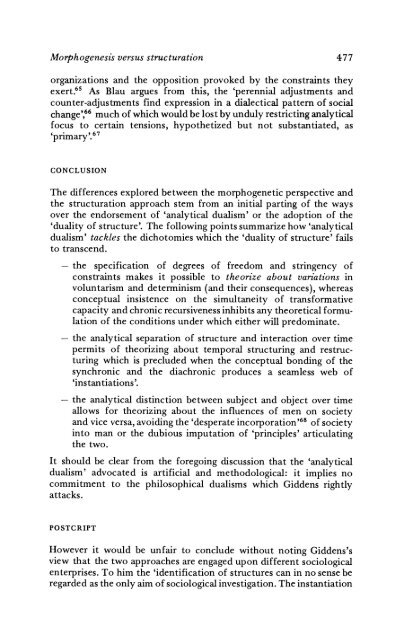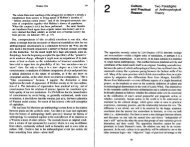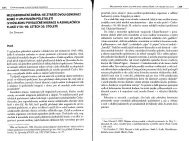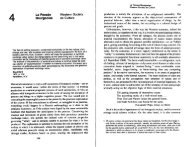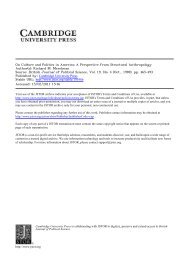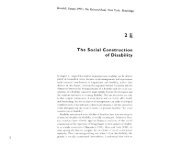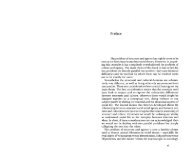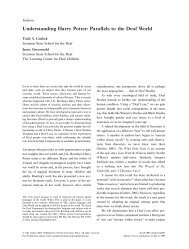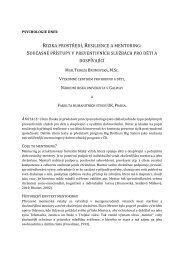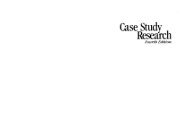Morphogenesis versus Structuration: On Combining ... - Moodle
Morphogenesis versus Structuration: On Combining ... - Moodle
Morphogenesis versus Structuration: On Combining ... - Moodle
You also want an ePaper? Increase the reach of your titles
YUMPU automatically turns print PDFs into web optimized ePapers that Google loves.
<strong>Morphogenesis</strong> <strong>versus</strong> structuration 477<br />
organizations and the opposition provoked by the constraints they<br />
exert.65 As Blau argues from this, the 'perennial adjustments and<br />
counter-adjustments find expression in a dialectical pattern of social<br />
change',66 much of which would be lost by unduly restricting analytical<br />
focus to certain tensions, hypothetized but not substantiated, as<br />
'primary'.67<br />
CONCLUSION<br />
The differences explored between the morphogenetic perspective and<br />
the structuration approach stem from an initial parting of the ways<br />
over the endorsement of 'analytical dualism' or the adoption of the<br />
'duality of structure'. The following points summarize how 'analytical<br />
dualism' tackles the dichotomies which the 'duality of structure' fails<br />
to transcend.<br />
-the specification of degrees of freedom and stringency of<br />
constraints makes it possible to theorize about variations in<br />
voluntarism and determinism (and their consequences), whereas<br />
conceptual insistence on the simultaneity of transformative<br />
capacity and chronic recursiveness inhibits any theoretical formulation<br />
of the conditions under which either will predominate.<br />
-the analytical separation of structure and interaction over time<br />
permits of theorizing about temporal structuring and restructuring<br />
which is precluded when the conceptual bonding of the<br />
synchronic and the diachronic produces a seamless web of<br />
'instantiations '.<br />
-the analytical distinction between subject and object over time<br />
allows for theorizing about the influences of men on society<br />
and vice versa, avoiding the 'desperate incorporation'68 of society<br />
into man or the dubious imputation of 'principles' articulating<br />
the two.<br />
It should be clear from the foregoing discussion that the 'analytical<br />
dualism' advocated is artificial and methodological: it implies no<br />
commitment to the philosophical dualisms which Giddens rightly<br />
attacks.<br />
PO STC RIPT<br />
However it would be unfair to conclude without noting Giddens's<br />
view that the two approaches are engaged upon different sociological<br />
enterprises. To him the 'identification of structures can in no sense be<br />
regarded as the only aim of sociological investigation. The instantiation


